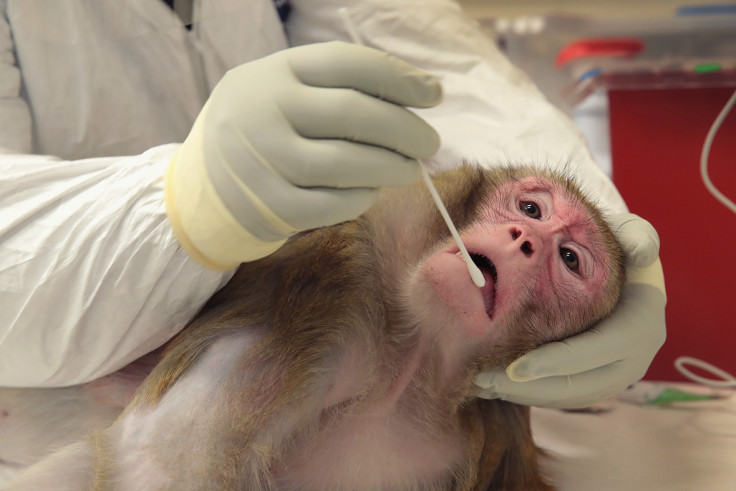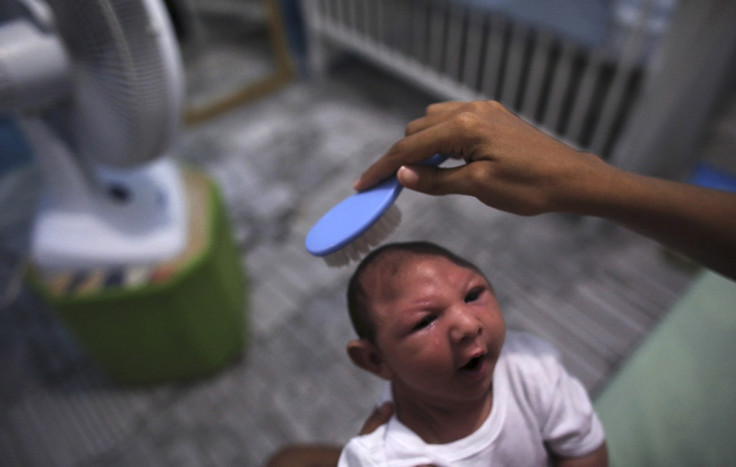Zika tests show virus survives for up to 70 days in pregnant macaque monkeys
Macaques develop Zika resistance after initial infection but pregnant monkeys carry virus for longer.
Being infected once with the Zika virus may protect individuals from future infections, scientists have said. However, pregnancy may complicate the outcome for females as it appears to prolong the length of infection.
In a study published in the journal Nature Communications, researchers have used rhesus macaque monkeys to determine whether the animals could provide a model for studying the way that the virus infection may progress.
When analysing the monkey's immune response to the infection, they discovered that it is very similar to what occurs in humans, with the virus activating the body's defence mechanisms and the viral load quickly clearing from the blood – although this is different with pregnant monkeys.
Protected against infections
Researchers from the University of Wisconsin-Madison infected monkeys with an Asian-lineage Zika virus, closely related to strains circulating in the Americas.
In just 10 days, the animals were found to be free of the virus – a pattern of viremia (a virus entering the bloodstream) that matches what occurs in humans.

The scientists then observed that the monkeys had become resistant to another infection from the same viral strain. Thus the initial infection appeared to strengthen the animals' immunity to the viral strain.
"This is good news for vaccine design," says lead author O'Connor, whose work is funded by the US National Institutes of Health. "It suggests [that] the sort of immunity that occurs naturally is sufficient. If you can mimic that in a vaccine, you'll likely have a very successful vaccine."

Another study, published in the journal Nature on Wednesday (28 June 2016), came up with the same conclusions, revealing that two vaccines candidates had shown promising results in mice after just one shot of the virus.
The specific case of pregnancy
The researchers were not so optimistic when it came to pregnant monkeys. The expectant females were only cleared of the virus 30-70 days after first contracting the infection. Therefore it is a possibility that the virus could stay much longer in the blood of pregnant women than in the blood of men and other women.
One possible explanation for the persistence of the virus during pregnancy is that the immune systems of mothers-to-be are weaker, and simply aren't able to clear the virus as quickly.
"The other, more provocative hypothesis is that it's indicative of infection of the foetus, and what we're observing in the maternal bloodstream is the shedding of the virus by the foetus back into the mother's bloodstream," says O'Connor. "If that happens to be the case, it would suggest that there is a prolonged infection of the foetus that lasts much longer than the infection of the mother."

Foetus surveillance
Zika has been linked to a series of birth defects, including microcephaly, but it is still not clear what role the length of the mothers' infection would play and whether unborn children could be affected in the longer term.
However, based on these new findings in monkeys, the team advocates a regular monitoring of the viral load in the blood of pregnant women who are carrying the virus. They believe this may allow them to estimate the degree of damage likely to affect unborn babies in a non-invasive way.
© Copyright IBTimes 2025. All rights reserved.






















